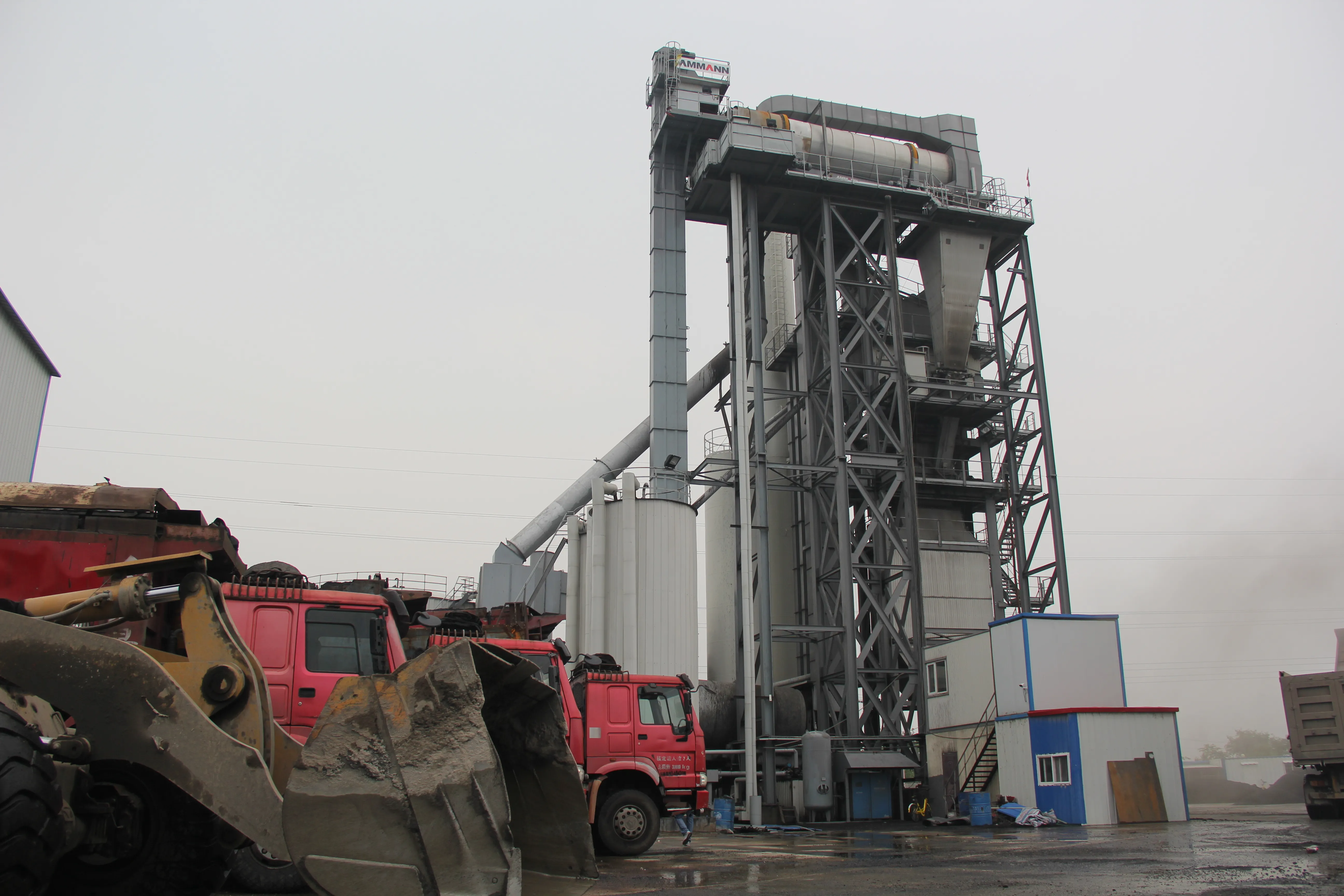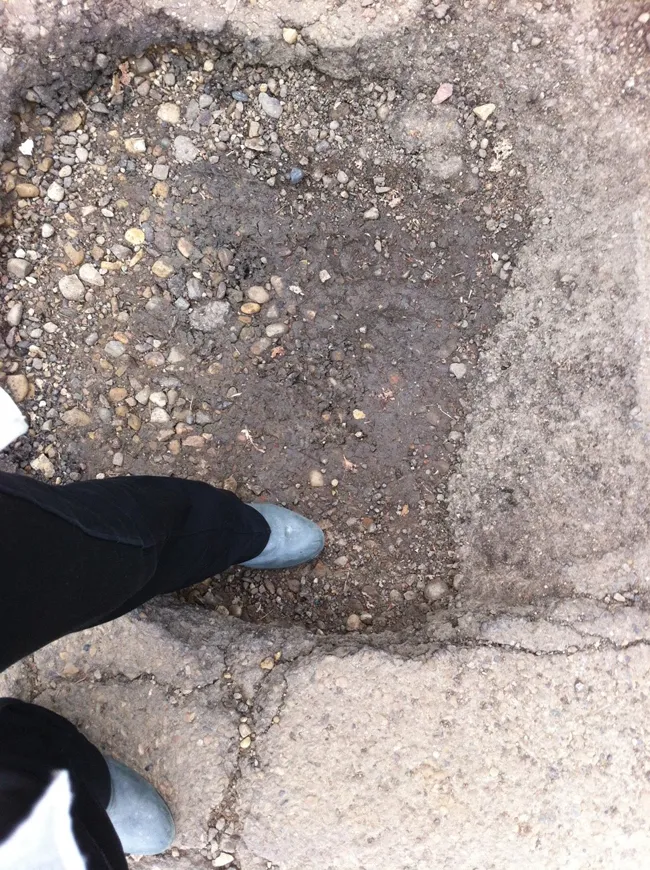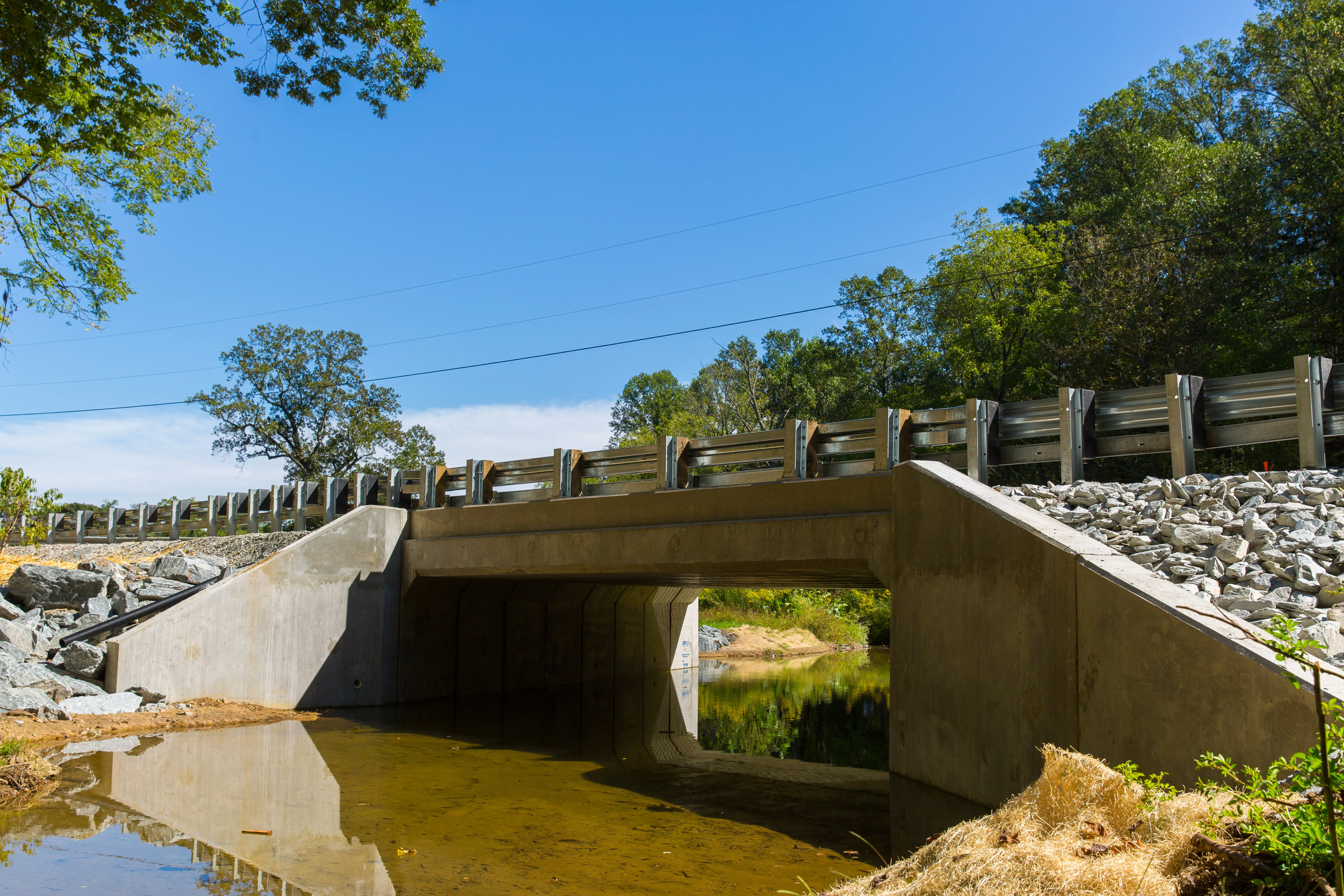
The use of a new Ammann plant is helping to improve RAP usage in China with the manufacturer and the Chinese Government working together to gather and evaluate production data
A key Ammann customer in China is helping pave the way for the expanded use of recycled asphalt pavement (RAP) in the country’s road projects. Tianjin TianHeJianLing Road & Bridge Engineering Technology is a pioneer in the use of RAP in China. The mixes its Ammann ABA UniBatch and Uniglobe asphalt plants produce are being scrutinised by the Chinese government, and the material quality is playing a crucial role in whether the expanded use of RAP is allowed in the country.
“In China, RAP material is limited to use on the surface course, and some highways do not allow RAP,” said Zhen Jianling, CEO of Tianjin TianHeJianLing Road & Bridge Engineering Technology.
A key challenge is the governmental project supervisor, which limits heating temperatures and has some doubts about the quality of RAP. “RAP is still in the developing stage in China,” said Jianling, whose business has completed multiple high-profile asphalt-mixing projects since opening in 2011. “In the beginning, the project supervisor did not recognise it. After many years of experimenting and application, they now know how important RAP is.”
Yet adoption remains slow. The Ministry of Transport’s backing is essential to increasing the pace. “As the government supervisor, it acts as the decision-maker for RAP application in China,” Jianling said.
The Ministry’s changing attitude has much to do with working closely with Jianling in the company’s home base of Tianjin City. “Tianjin City is one of the first places in China to use RAP technology,” Jianling said. “During the expansion of a new road construction project, we seized the chance to use large quantities of RAP.”
That gave Jianling valuable experience – and important statistics. “We gathered a lot of test data, which is provided to the Department of Quality Assurance,” Jianling said.
Both parties rely on each other. The business needs the support of the Ministry, and the Ministry needs Jianling’s data. This led the two to create a laboratory together. “We test all RAP production data, analyse the hardness, and check the size and quality of the aggregate,” Jianling said. “We monitor the oil and aggregate ratio for each batch of milled material, and record bitumen levels.”
The lab also analyses asphalt and how it performs when developed with low temperatures, an essential step in RAP production. This data is leading to RAP production standards. “As long as the data or parameter is accepted by the Ministry of Transport, it becomes part of the national RAP production code,” Jianling said. “All the asphalt producers follow this code.”
Several other labs, separate from the Jianling-Ministry operation, also provide data along with Jianling. “These labs are the windows to provide knowledge and reference to the Ministry of Transport,” Jianling said. “We have to provide real data that proves RAP is reliable – the same as new asphalt.”
That means the quality of the mix provided by Jianling and its Ammann plants is essential to the future of RAP usage in China. Delivery of that high-quality mix is accomplished by controlling all elements of the production process.
“In order to achieve the best quality asphalt, we insist on producing our own raw material,” Jianling said. “That way we can ensure the quality.”
The plant is essential to RAP production, and Ammann ABA UniBatch and Uniglobe plants play key roles. “At present we have five Ammann plants with RAP technology, and we are seeking to use even more RAP,” Jianling said.
The ABA UniBatch plants produce 260-320tonnes/hour while featuring a standard RAP configuration. The company owns one ABA UniBatch plant with high-recycling RAH drums and two Uniglobe plants: older models that still provide significant RAP production through original features and retrofits.
Both ABA UniBatch and Uniglobe plants sport the environmental features that are increasingly important in China. That includes cladding. “All the production is inside the cover,” Jianling said. “In addition, we added other dust prevention options and a fibre burner.”
Jianling is the only Beijing-area asphalt producer that meets the most recent environmental standards. “All the plants are fuel-efficient, require little maintenance, provide accurate dosing and are consistent and reliable,” Jianling said.









